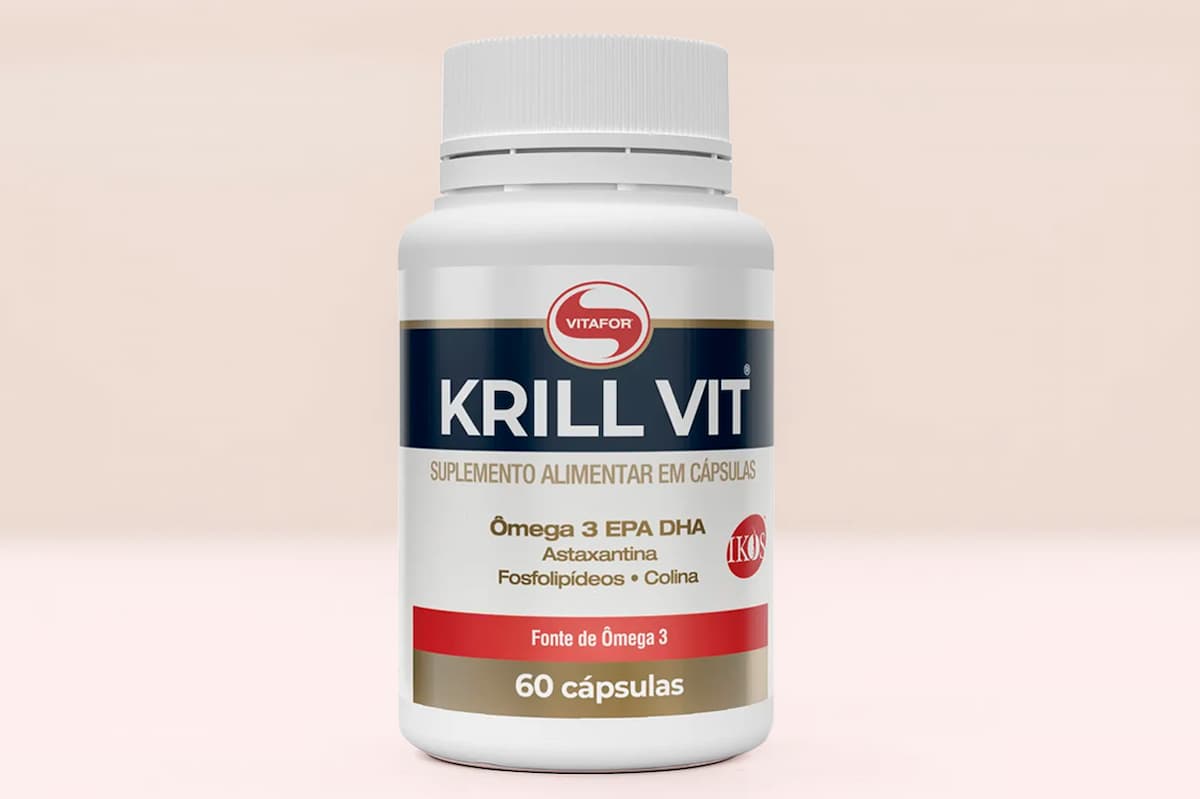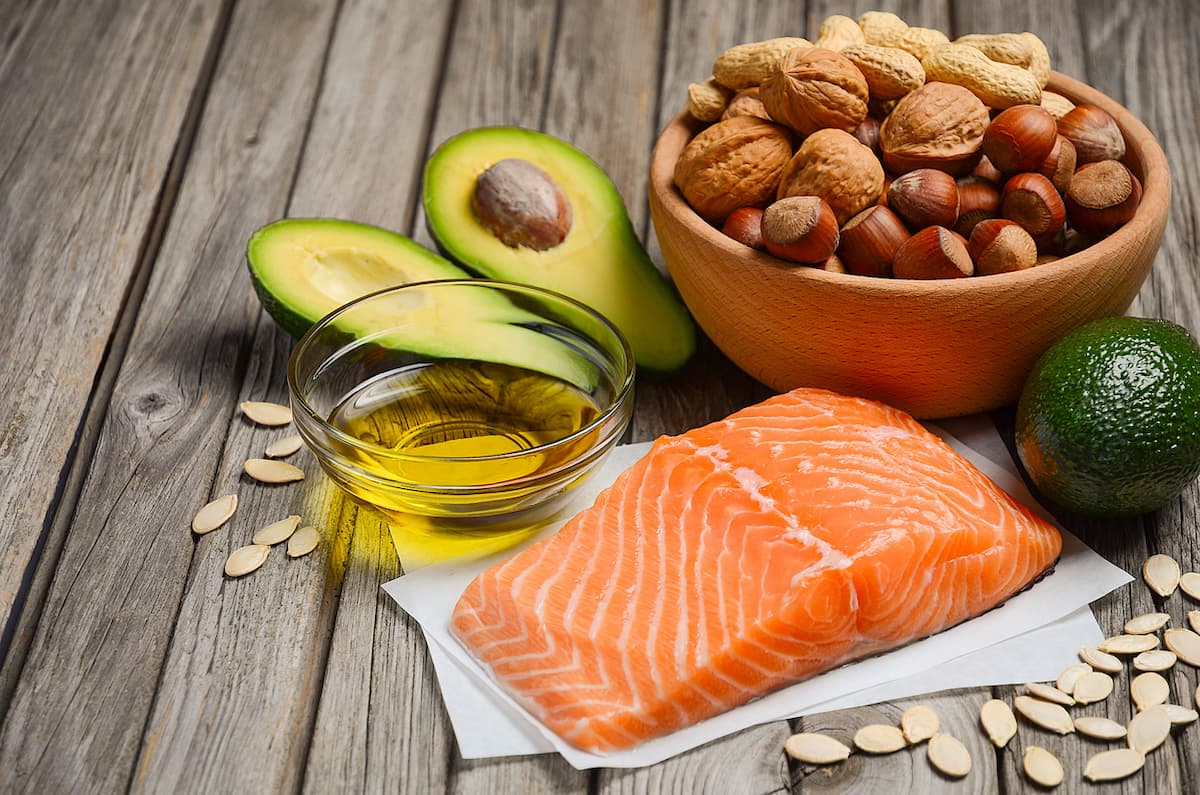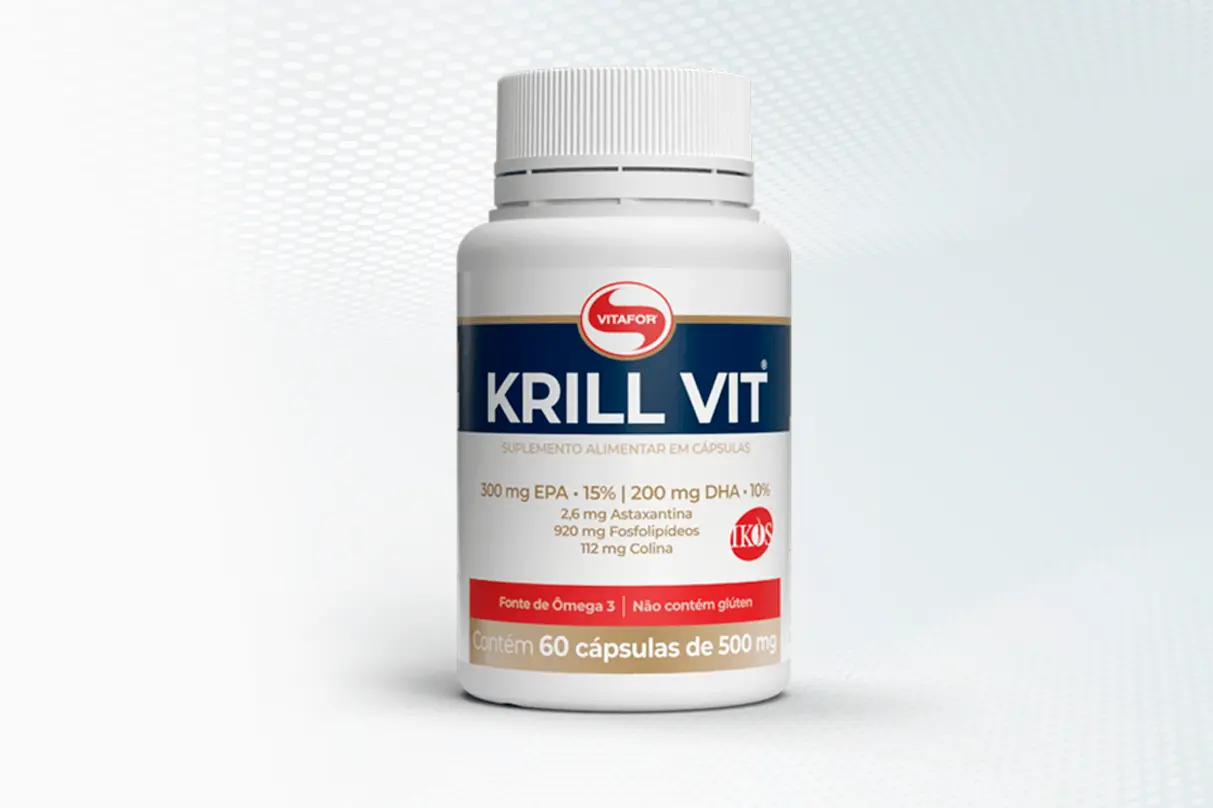Influence of choline on cognitive health
Choline is an organic compound, also known as a vitamin belonging to the B complex, more specifically vitamin B8. It can either be produced by the body or consumed orally and in food, or as supplements.
Choline is the necessary precursor for the synthesis of acetylcholine, a key neurotransmitter involved in functions related to memory and muscle control. It can be found in foods, where plant-based foods generally have a lower choline content than animal foods such as eggs (in the yolk), liver, and beef, which stand out for their active ingredient content. In plant-based foods, broccoli stands out.
Because of its role in metabolism, choline plays an important role related to cognitive health. On the one hand, it has already been indicated that it is necessary for the synthesis of the neurotransmitter acetylcholine. On the other hand, it is necessary for the synthesis of phosphatidylcholine, essential for membrane integrity and for maintaining brain structure and function. And finally, because it is necessary for the synthesis of betaine, it participates in folate-mediated 1-carbon metabolism and contributes to the methylation of DNA and histones, modulating the expression of genes involved in brain function and structure.
Regarding cognitive function, an adequate supply of choline from the early stages of life is essential. It is known that choline is actively transported through the placenta and that ingestion by the mother affects fetal levels. This vitamin is especially important for fetal development and spinal cord structure, so insufficient intake can affect long-term memory and is possibly associated with neural tube defects (NTDs).
Thus, the importance of maintaining adequate choline intake throughout life to ensure brain integrity and functionality can be seen. In this regard, it must be taken into account that there is a specific mechanism of active transport of choline across the blood-brain barrier.
However, the brain's uptake of choline decreases with age. On the other hand, this brain transport capacity of choline (which is proportional to serum concentrations) conditions the synthesis of the neurotransmitter acetylcholine. In addition, the administration of choline seems to favor a greater synthesis of cerebral phosphatidylcholine. This, together with the frequent lower intake of choline in older people, increases the likelihood that the synthesis of brain phospholipids and acetylcholine will be lower, which increases the risk of deteriorating cognitive function.
There are some follow-up studies that sought to understand the relationship between dietary choline, cognitive function, and the risk of dementia in adults. Poly et al. studied the association between choline intake, cognitive function and brain morphology in a cohort of 1,391 adults without dementia. Choline intake was positively associated with verbal and visual memory, while taking the vitamin earlier in life was associated with a lower proportion of hyperintense areas in the cerebral white matter, which is indicative of lower brain atrophy. The association between choline intake and the incidence of dementia and cognitive function in middle-aged and elderly men was also analyzed. After a median follow-up of more than 20 years, the participants with the highest phosphatidylcholine intake had a 28% lower risk of dementia. This association was not observed with choline intake. Where, both total choline and phosphatidylcholine intake were associated with better cognitive performance on verbal fluency and memory tests. The main sources of phosphatidylcholine in this study were eggs, which explains the previous association that these same researchers had already observed between higher egg intake and lower incidence of dementia. The research group also found higher egg intake in institutionalized older adults with better results on a cognitive function test.
It has been widely reported that fatty acids containing omega-3 play an important role in nervous system activity and that they improve cognitive development together with learning related to memory of references, increase the neuroplasticity of neural membranes and contribute to the initiation and transmission of synapses.
In one of the studies carried out, the objective was to examine the effects of Omega 3 supplementation on some cognitive and physiological parameters where patients were tested at the beginning of the experiment and after 35 days. During this period, Omega-3 supplementation was performed for 33 patients, with 4 capsules containing 200 mg of EPA and 100 mg of DHA each, with high purity and low degree of oxidation. The control group, with 16 patients, received olive oil in visually indistinguishable capsules. Tests involving different types of attention were used and, for each test, reaction time, event-related EEG action potentials, the ENMG of the index finger flexor muscle and the POMS (a scale used to assess mood) were analyzed.
The results of these experiments indicated a positive influence of Omega 3 on cognitive functions, increasing attention and physiological functions, especially those involving complex cortical processing.
Thus, supplements composed of choline, phosphatidylcholine, and omega 3 seem to act positively on cognitive health.






































